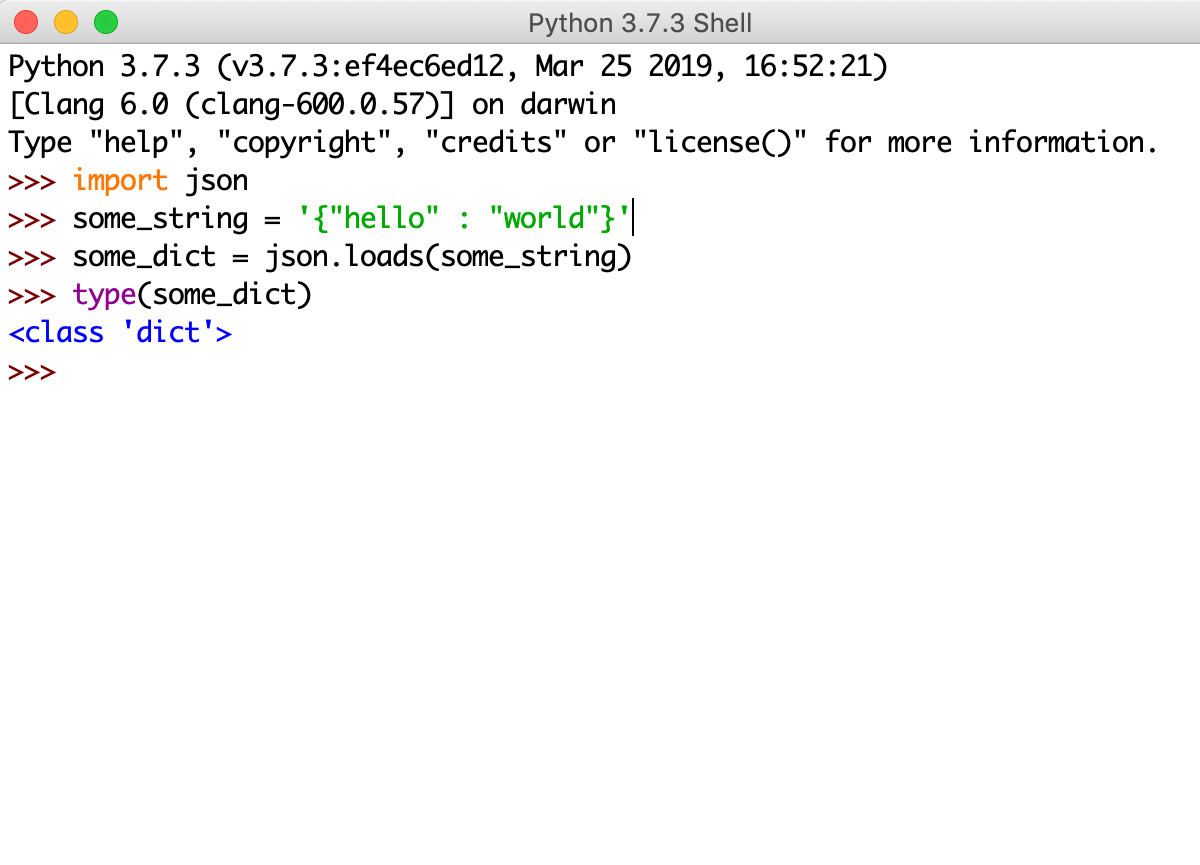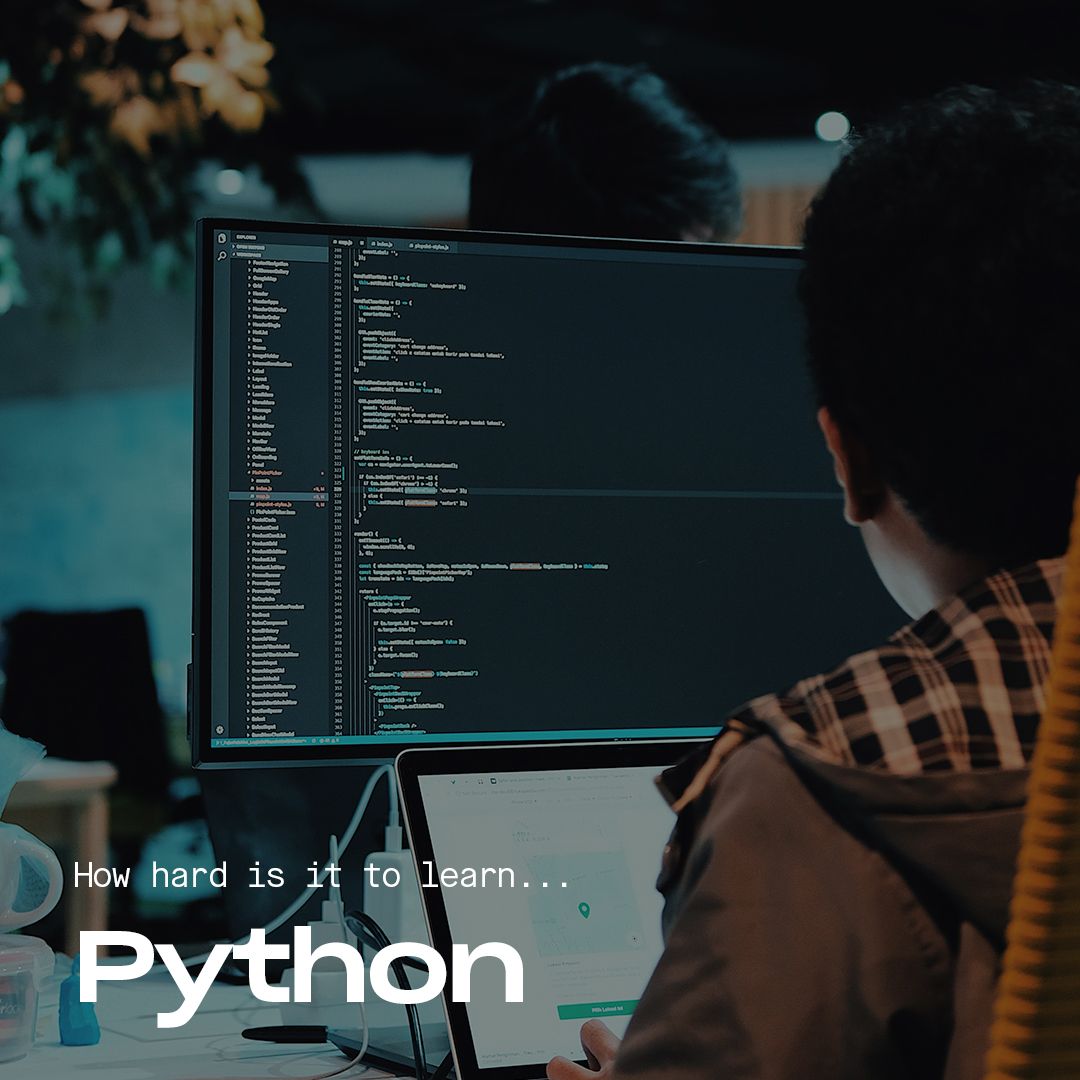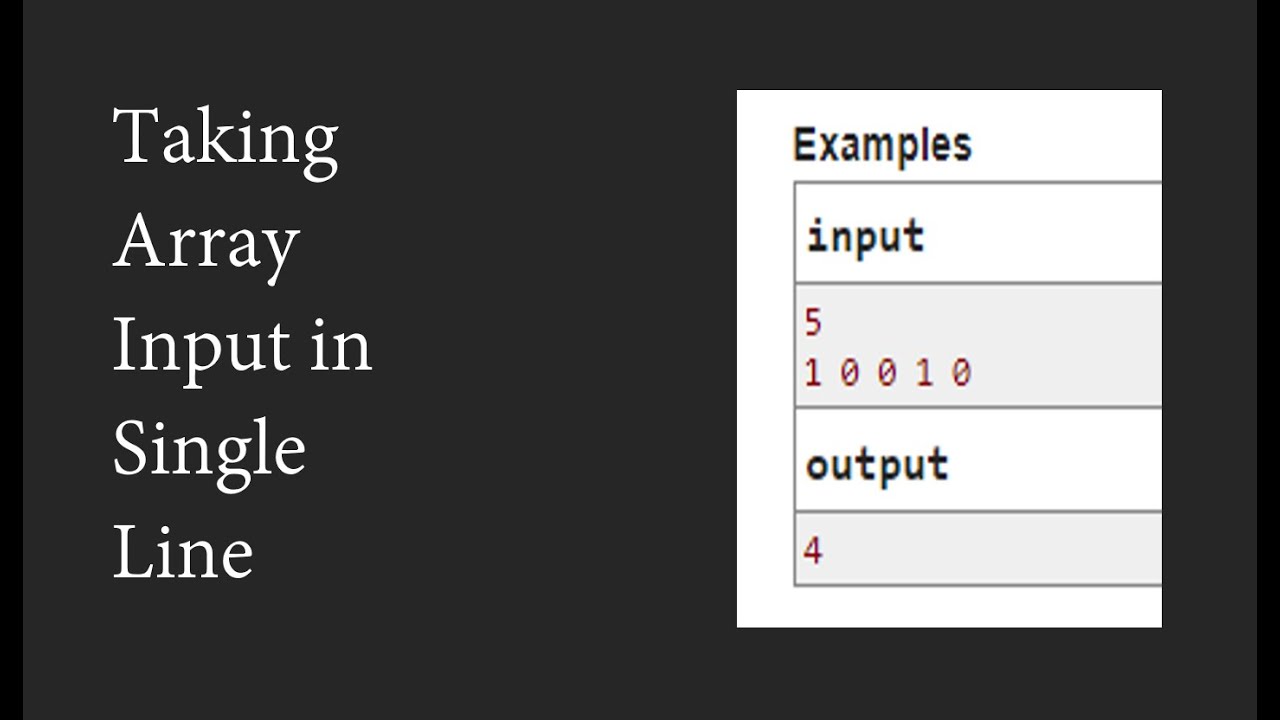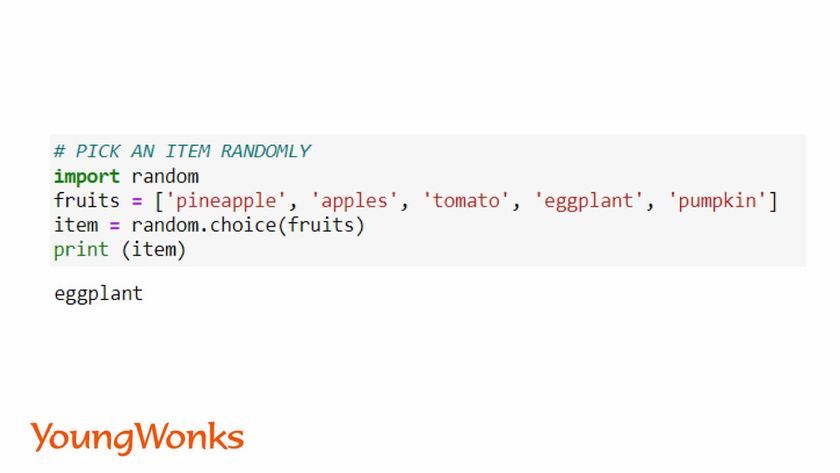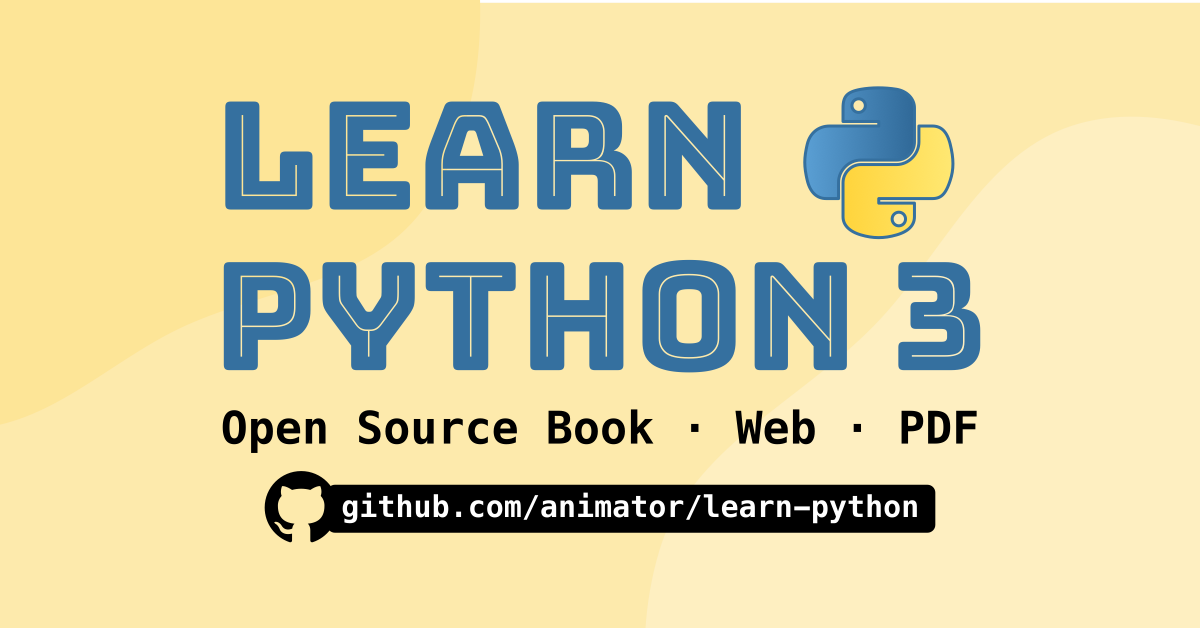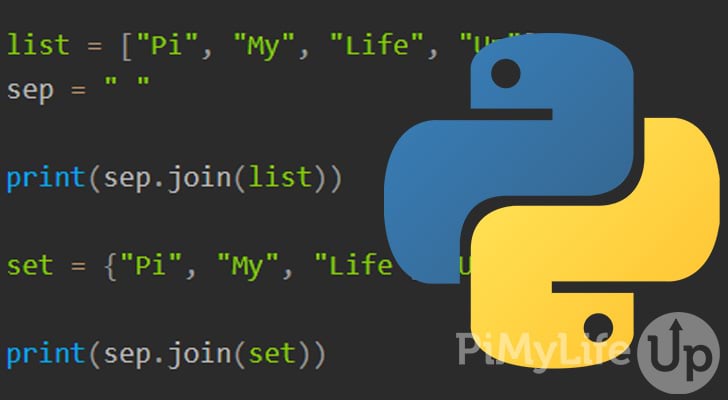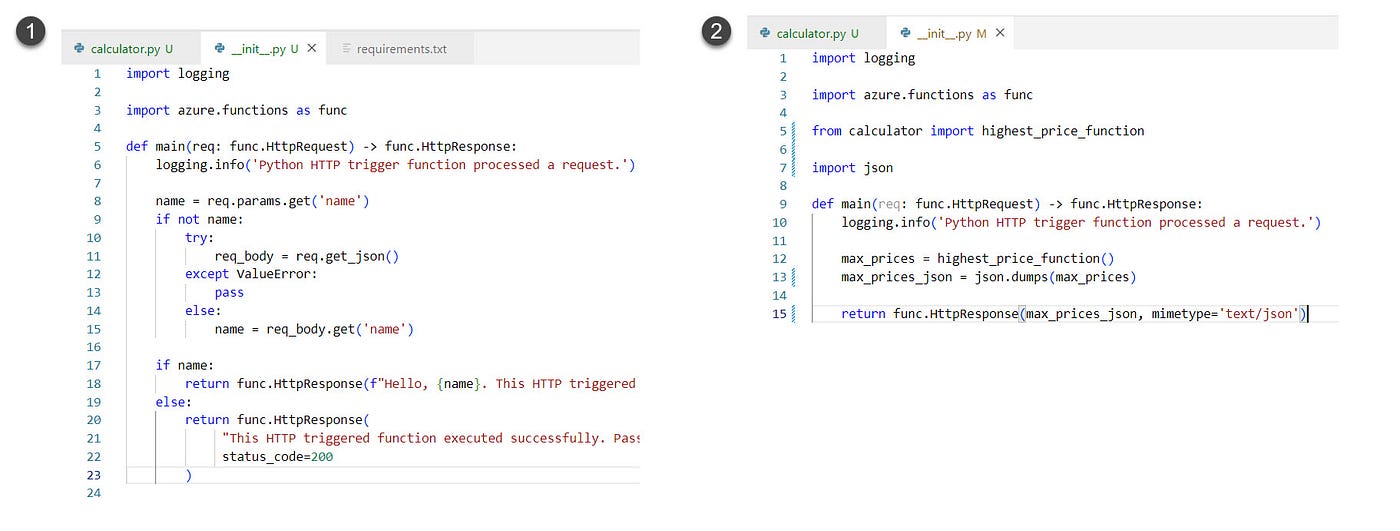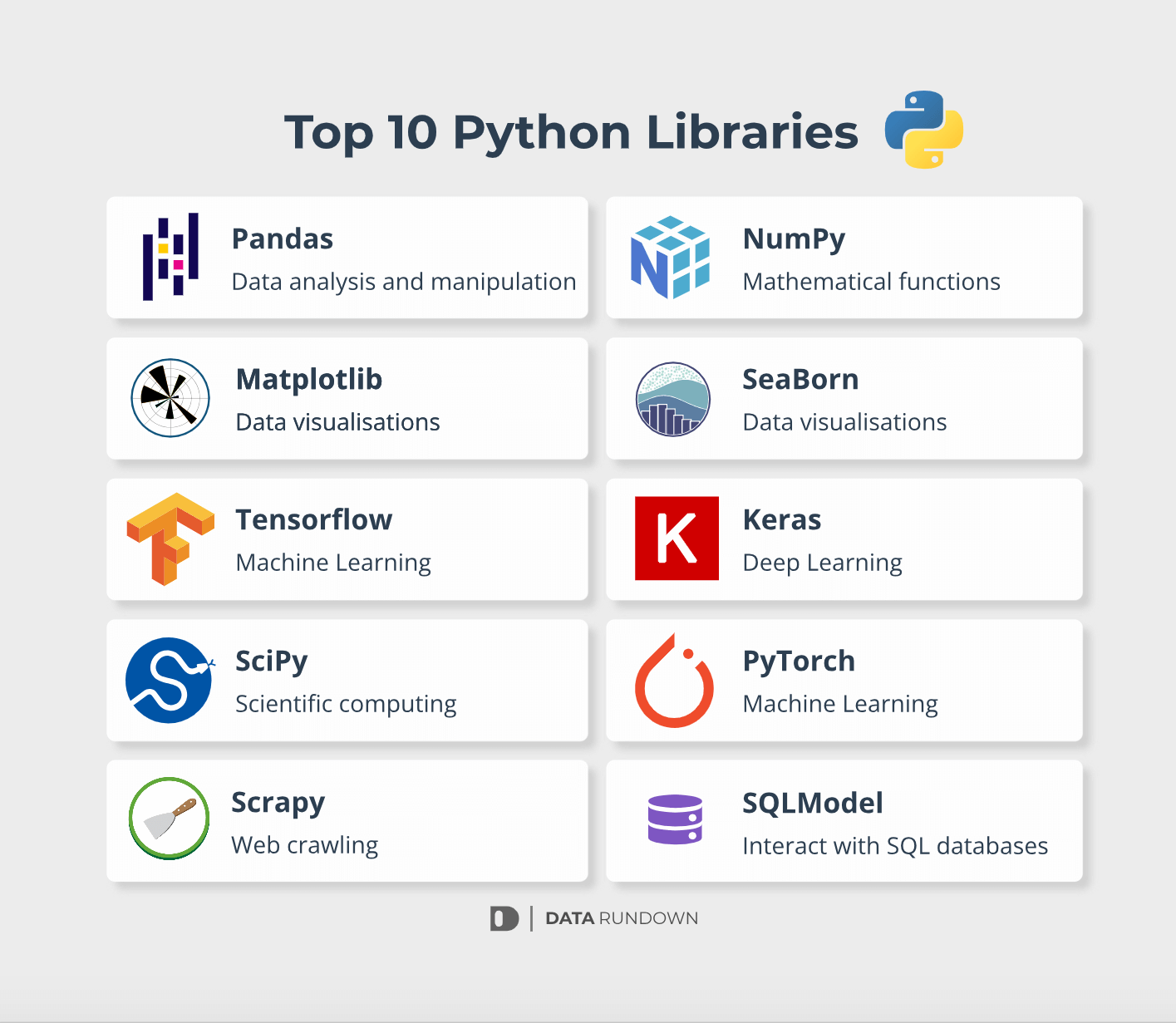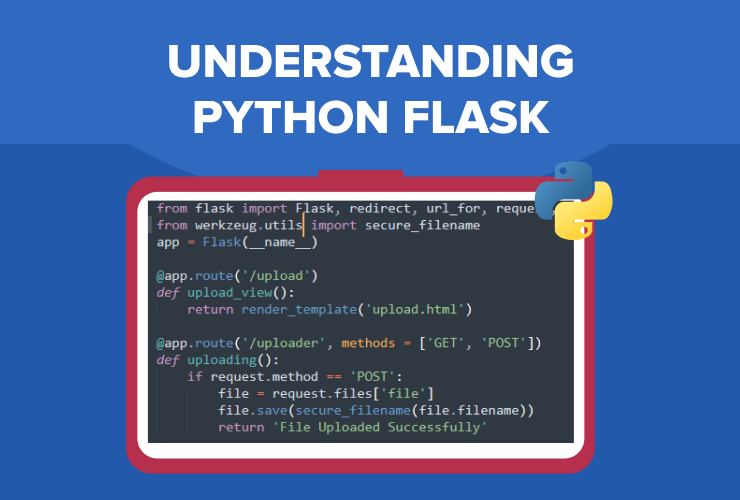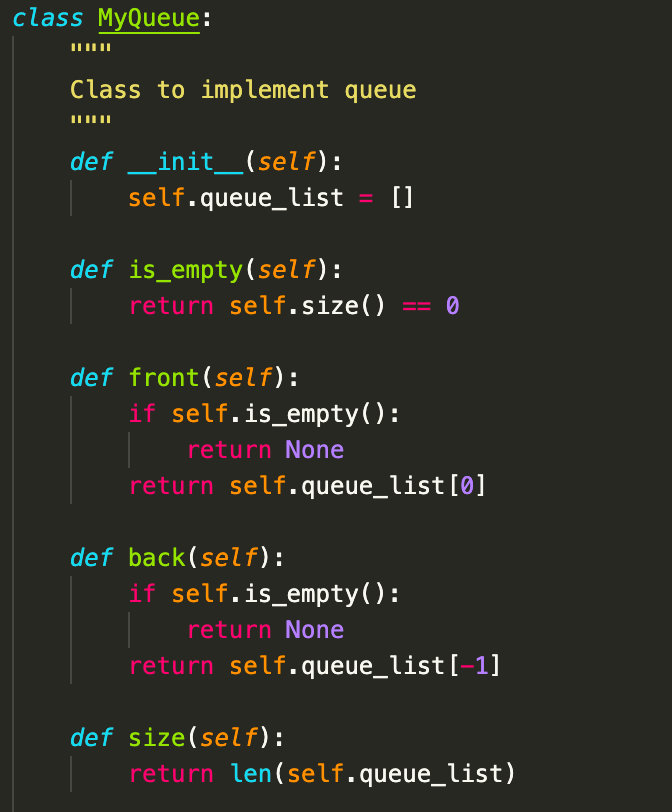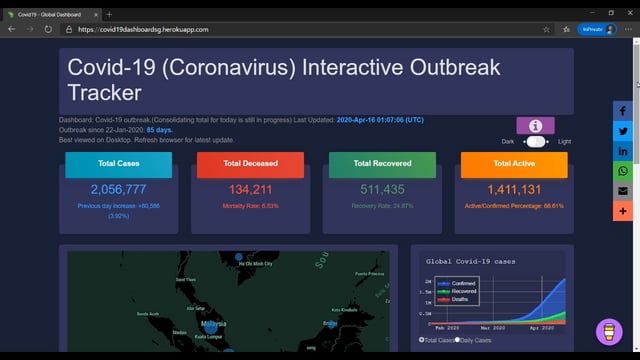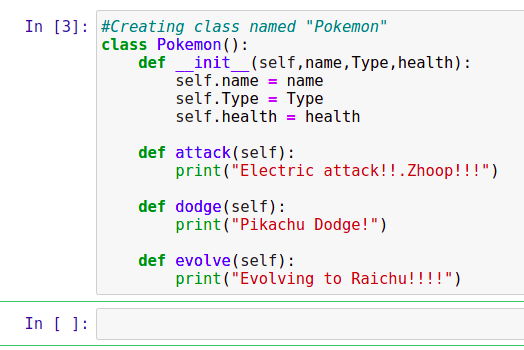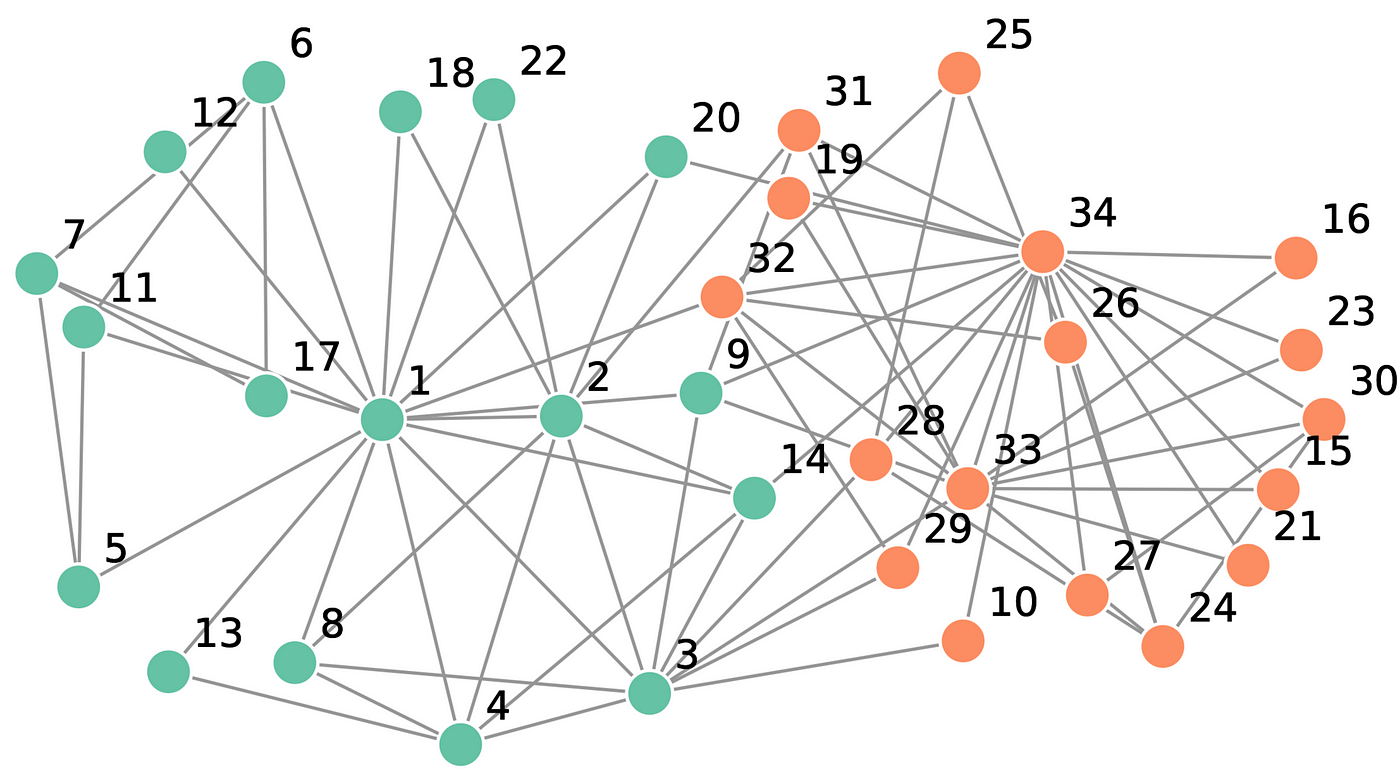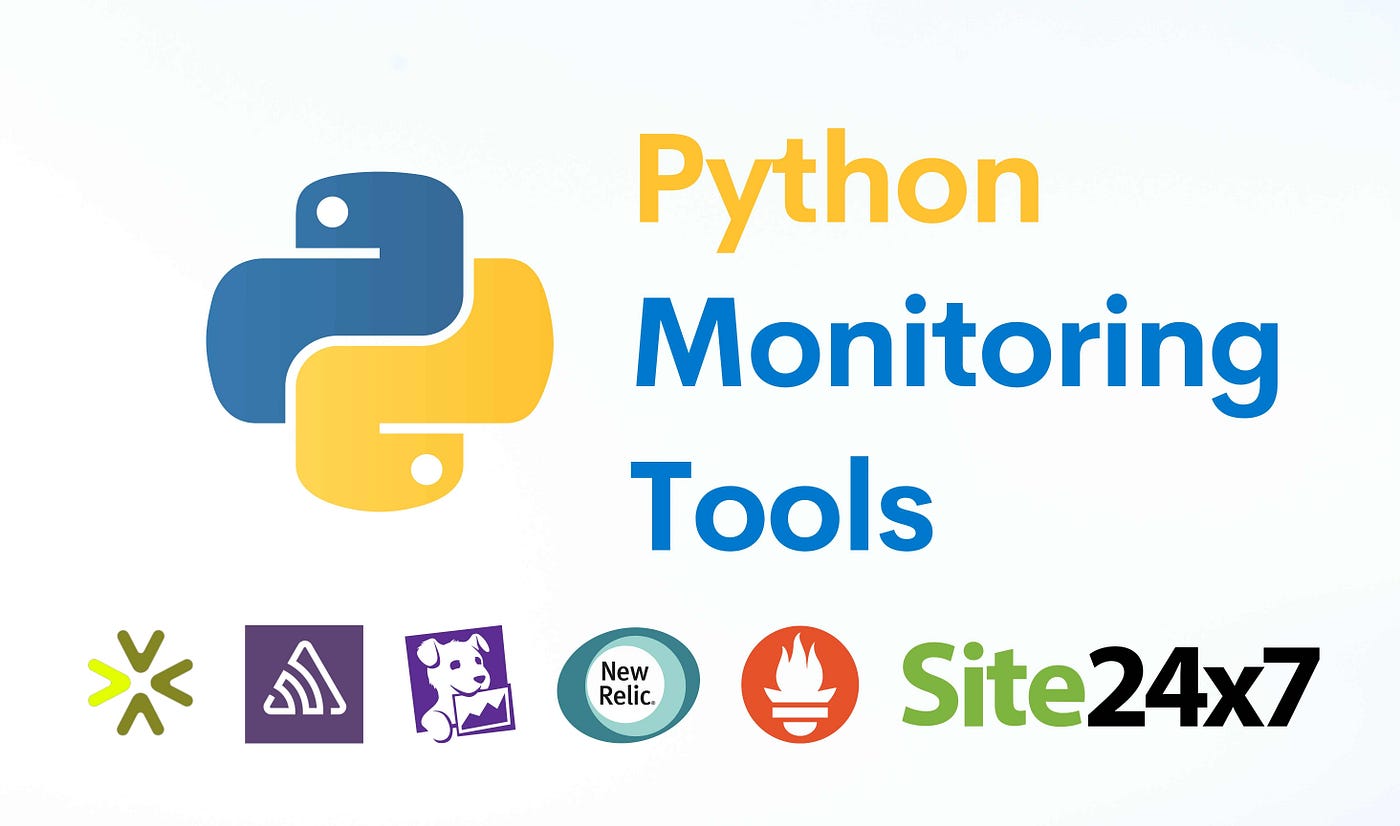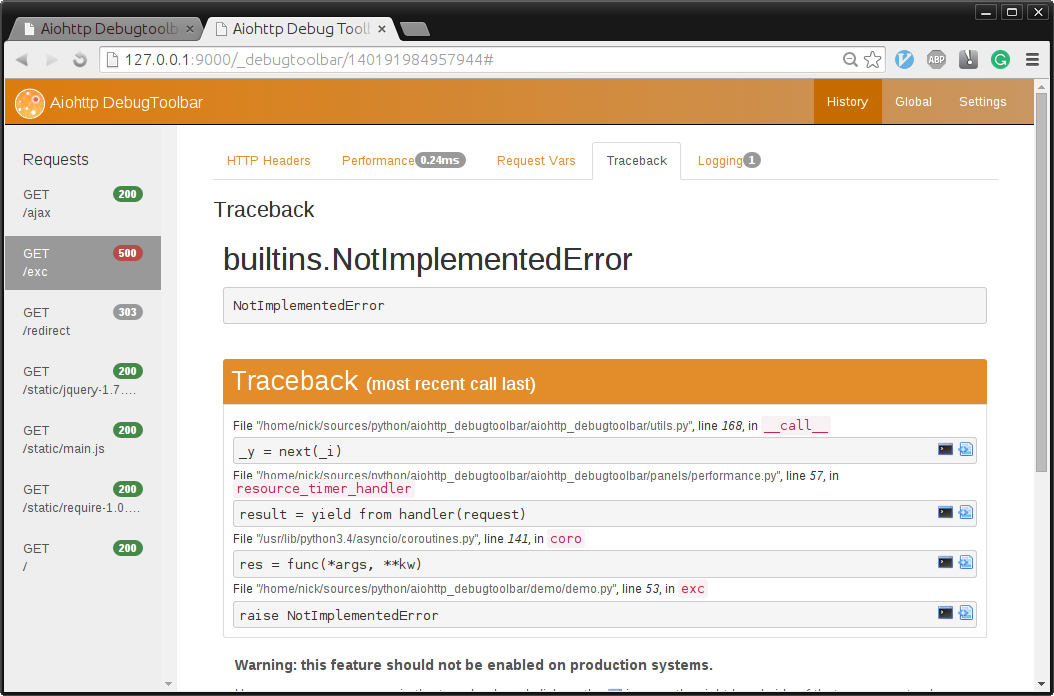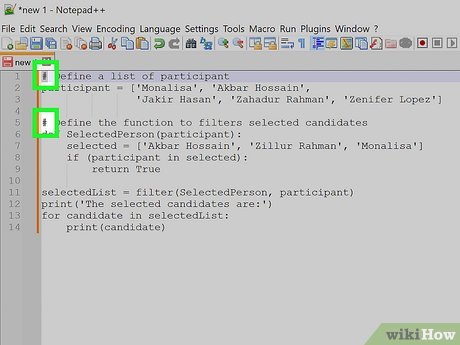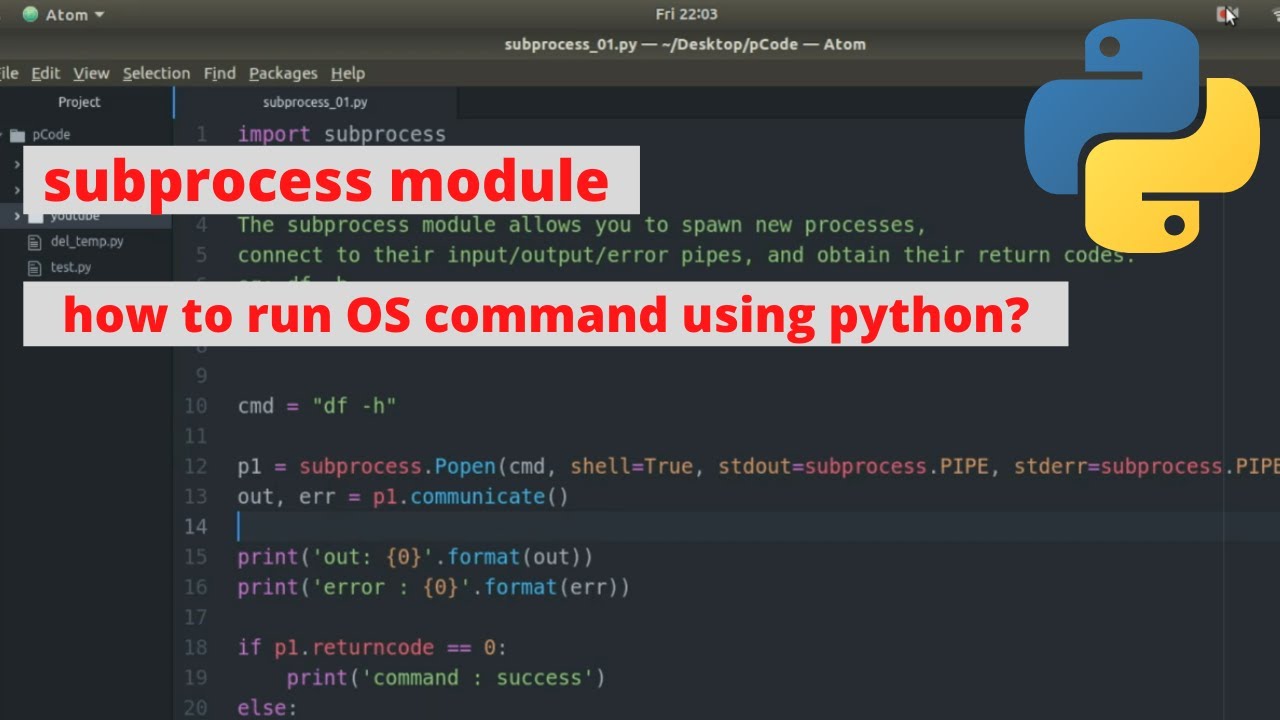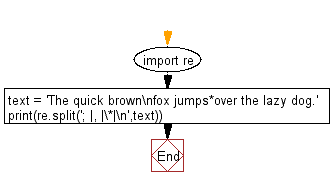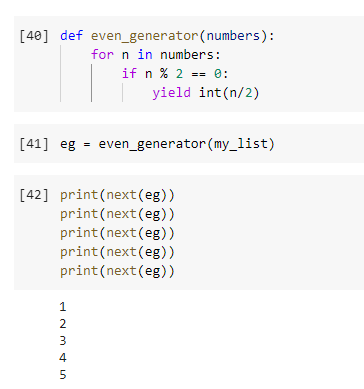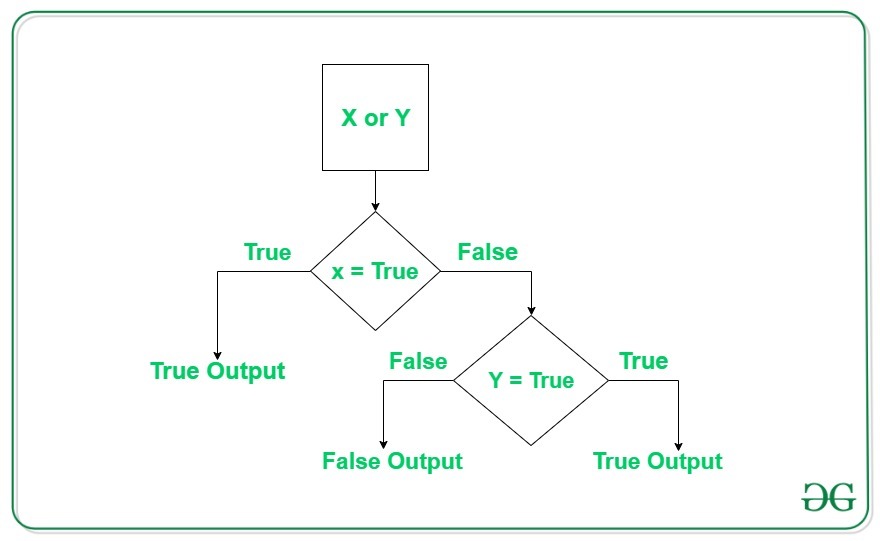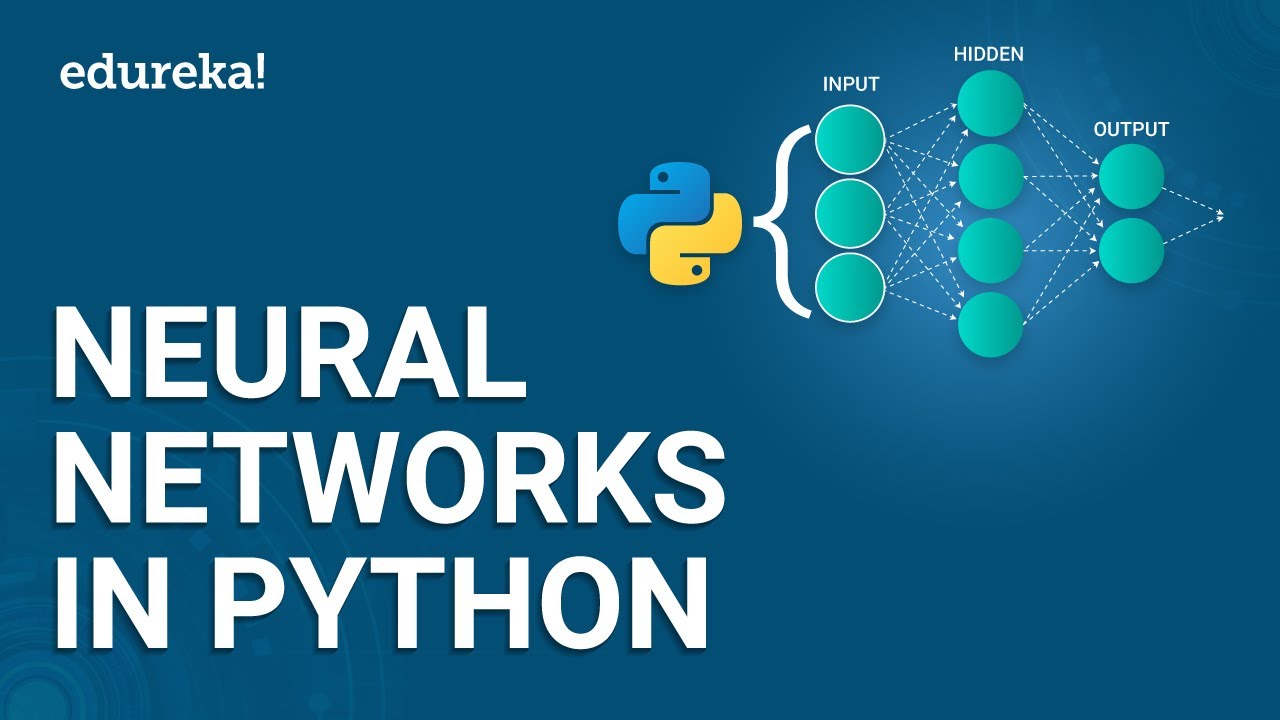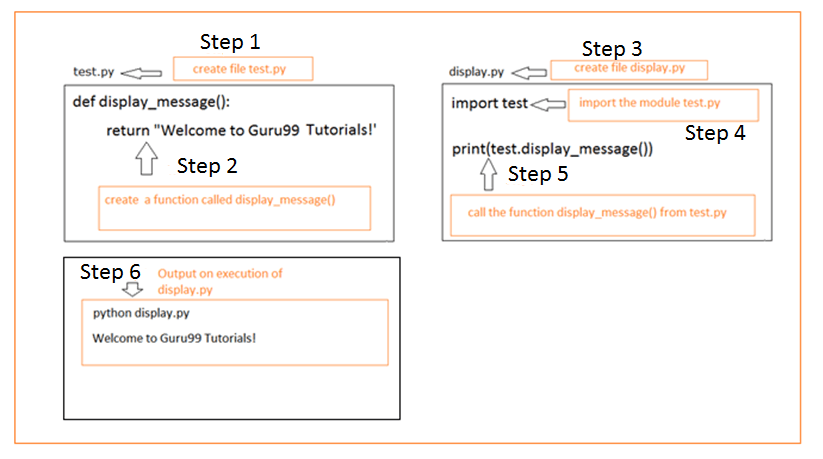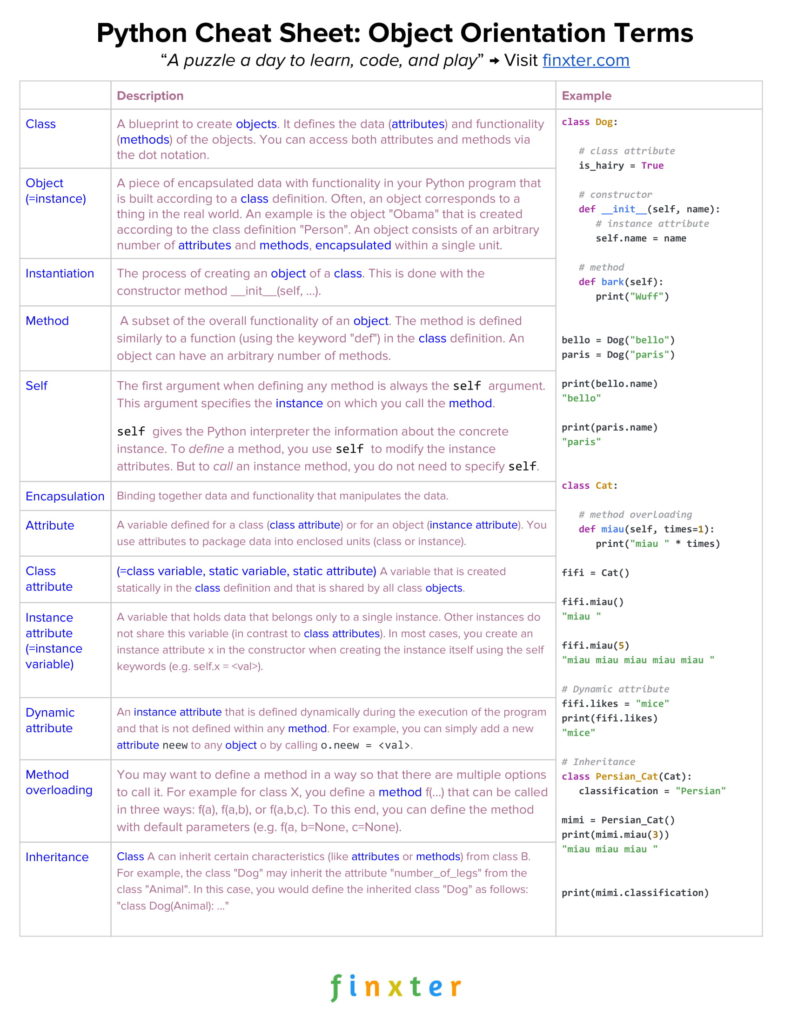What does Python API stand for?
What does Python API stand for?
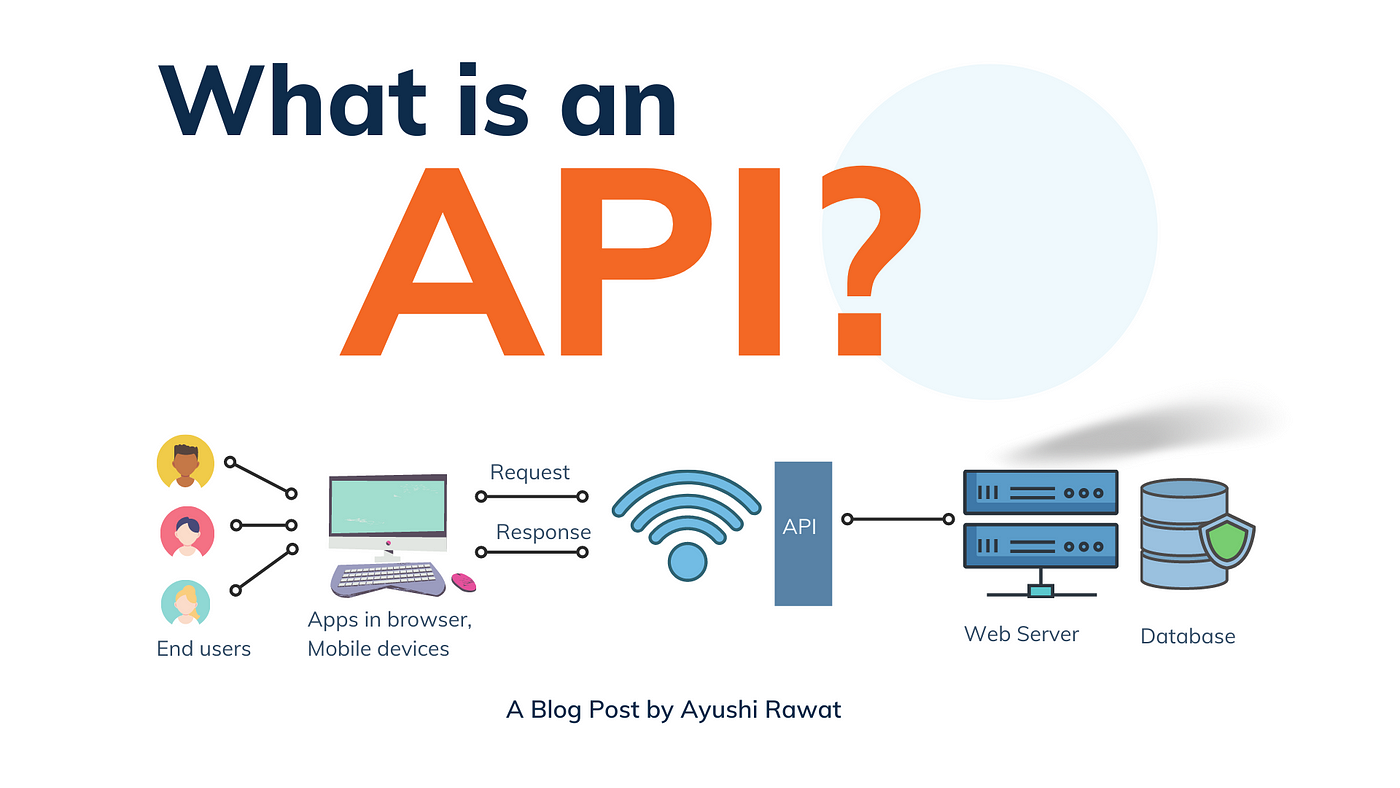
I'd be happy to explain what Python API stands for!
Python Application Programming Interface (API) is a collection of predefined rules and protocols that define how software components should interact with each other. In simpler terms, an API is a way for different programs or services to communicate with each other.
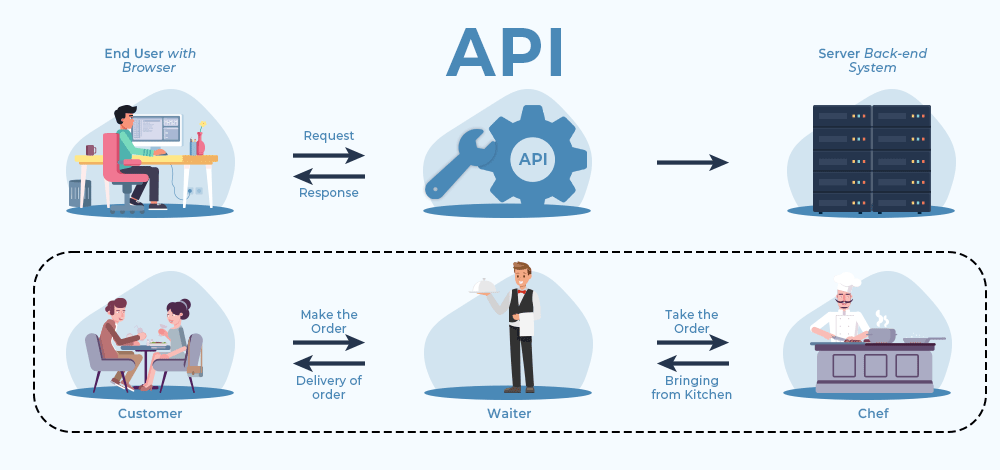
When we talk about Python API, it refers specifically to the Python programming language's interface for interacting with external systems, libraries, or services. This interface allows developers to access and utilize the functionality of these external resources from within their Python code.
In essence, a Python API is a set of functions, classes, or modules that provide a way for Python programs to interact with other languages, operating systems, networks, databases, or web services. By using an API, Python developers can integrate their code with existing software components, leveraging the strengths of each system while keeping the complexity of integration to a minimum.
Think of it like this: Imagine you're trying to order food from your favorite restaurant using only spoken language. Without an API, you'd have to learn every restaurant's specific menu items, prices, and ordering protocol. But with an API, you can simply use a pre-defined interface that translates your request into the restaurant's internal system, making it easy for them to understand what you want.
Here are some examples of what Python APIs can do:
Web scraping: Extract data from websites using web services like BeautifulSoup or Requests. Database interactions: Connect to relational databases like MySQL or PostgreSQL using libraries like PyMySQL or SQLAlchemy. File system management: Read, write, and manipulate files on your computer's file system using Python's built-inos module. Network communication: Send requests and receive responses from other services or servers using libraries like SocketServer or Twisted. Machine learning integration: Integrate with popular machine learning frameworks like TensorFlow, Keras, or scikit-learn.
When developing a Python API, you'll typically follow these steps:
Define the interface: Determine how your Python code will interact with the external system or service. Implement the API: Write Python code that provides access to the external resource's functionality. Document the API: Provide clear documentation on how to use the API, including syntax, parameters, and return values.By using Python APIs, developers can create powerful applications that integrate multiple systems, services, or platforms seamlessly. This allows for greater flexibility, reusability of code, and a more efficient development process.
Is Python good for API?
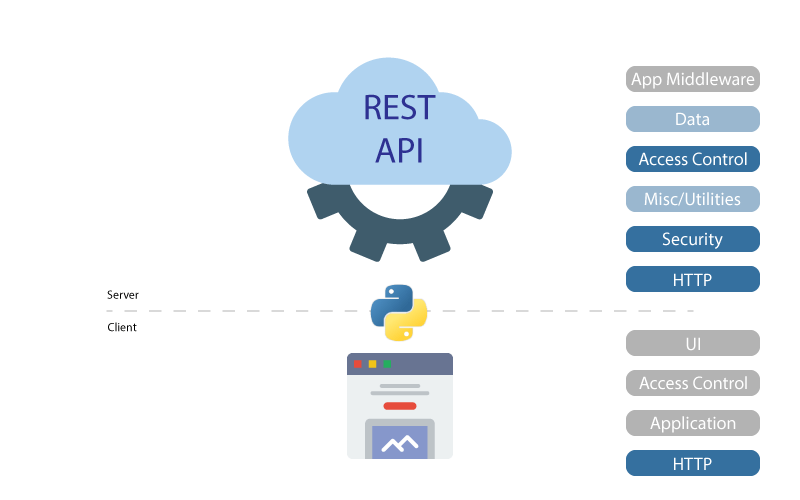
Python is indeed an excellent choice when it comes to building APIs (Application Programming Interfaces). Here's why:
Easy to Learn: Python has a relatively simple syntax, making it easy for beginners to pick up and start building their first API quickly. Fast Development Cycle: The rapid development cycle of Python means you can go from idea to production-ready code in no time, which is essential when working on APIs. Flexible and Versatile: Python's flexible nature allows you to create complex systems with ease. It has a rich ecosystem of libraries and frameworks that make building APIs easy, including Django, Flask, Pyramid, and others. Excellent Support for JSON: As APIs typically involve exchanging data in the form of JSON (JavaScript Object Notation), Python has excellent support for it. The built-injson module makes handling JSON data easy, which is vital for APIs.
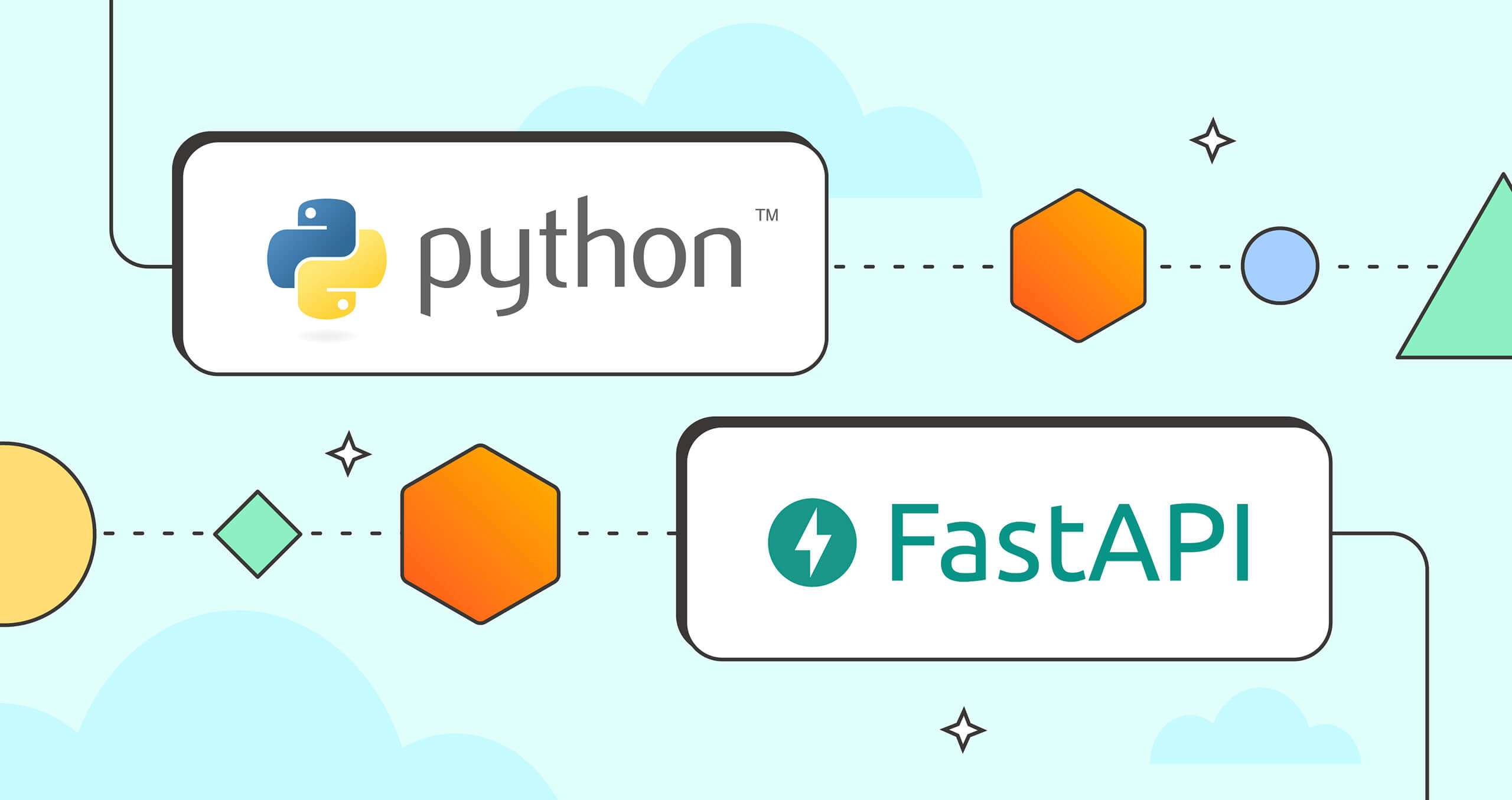
unittest and pytest, which make it easy to write tests for your API's endpoints. Error Handling and Debugging: Python's exception handling mechanism helps you catch and handle errors in your code effectively, making debugging simpler. Scalability: As your API grows in popularity, Python's scalability ensures that your system can handle increased traffic and load without breaking a sweat.
In conclusion, Python is an excellent choice for building APIs due to its ease of use, flexibility, robust libraries, and extensive community support. Whether you're just starting out or looking to scale up your API infrastructure, Python has got you covered!

